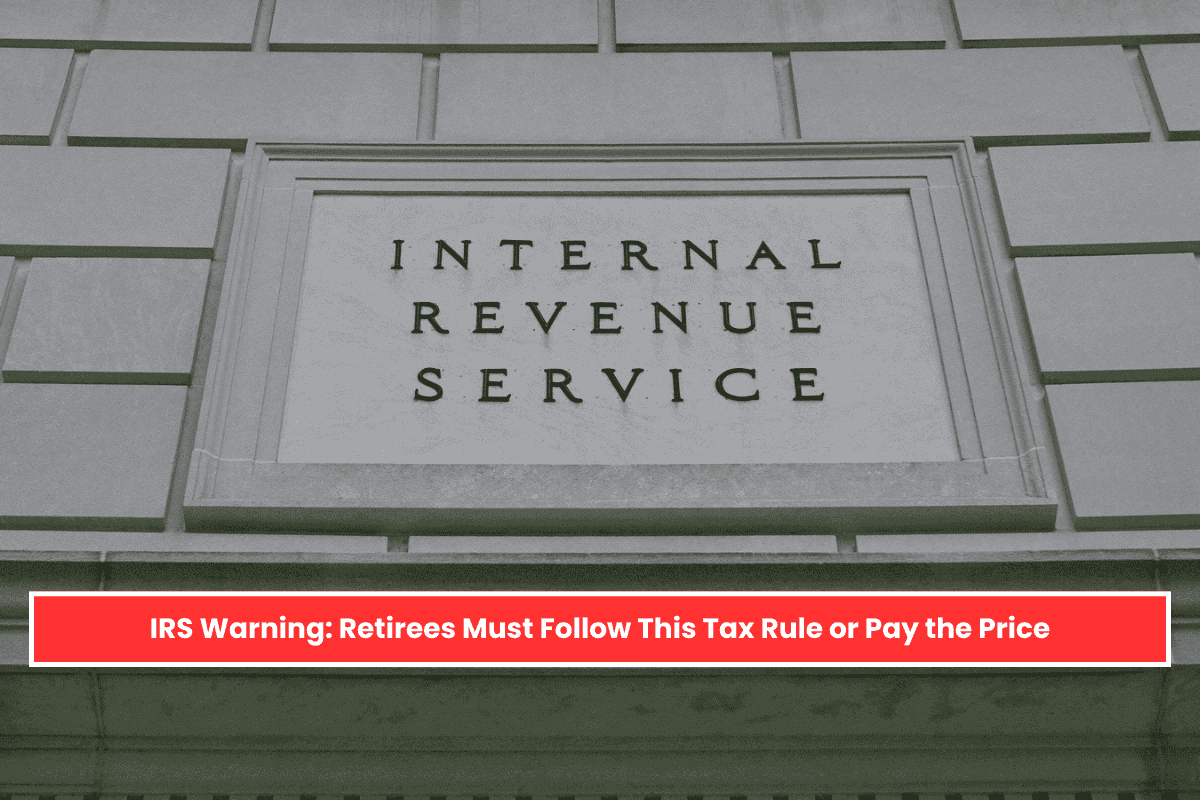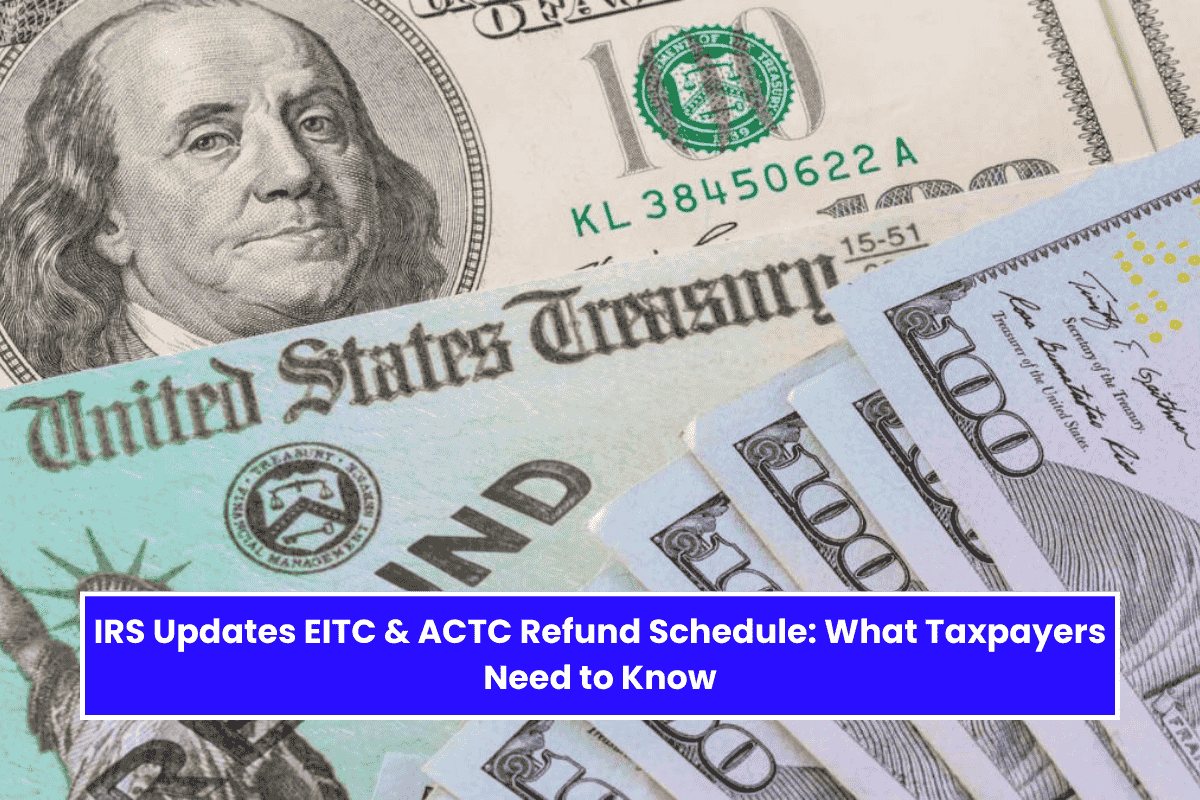California has introduced a groundbreaking law, AB 2906, or the Youth Security Act, aimed at addressing financial challenges faced by young workers. This initiative ensures better access to Social Security for younger residents, offering financial stability in an uncertain economic climate.
How Does the Youth Security Act Help?
Tackling Rising Living Costs
Young workers in California face significant financial hurdles such as low wages, rising living costs, and job market instability. AB 2906 provides a pathway for early Social Security contributions, helping young professionals save for the future despite economic challenges.
Contributions Made Easier
The new law adjusts contribution structures, allowing young workers in part-time, retail, service, and gig jobs to pay into Social Security, even with low wages or irregular work schedules.
Long-Term Benefits
By contributing earlier, young Californians can build a financial cushion for retirement, disability, or emergencies. The proportional benefits model ensures they see tangible rewards for every dollar contributed.
Key Features of AB 2906
- Inclusive Access: Part-time and low-wage workers can now contribute to Social Security.
- Proportional Benefits: Young workers gain a fair return based on their contributions.
- Job Mobility Support: Contributions remain intact as workers move between jobs.
- Financial Cushion: Builds long-term security for emergencies or early retirement.
- Nationwide Implications: California’s model may inspire other states to follow, enhancing Social Security across the U.S.
California’s Youth Security Act (AB 2906) is a step forward in addressing the financial struggles of young workers.
By enabling early contributions to Social Security, the law promotes long-term stability and sets a precedent for similar reforms nationwide.
As more states consider such initiatives, this law could reshape the future of financial security for younger generations.
1. What is the Youth Security Act?
AB 2906 is a California law helping young workers contribute to Social Security earlier, improving their financial stability.
2. Who benefits from this law?
Young professionals, especially those in part-time, low-wage, or gig jobs, benefit the most.
3. How does this help with job mobility?
Contributions follow workers across different jobs, ensuring financial growth despite career changes.
4. Does it affect federal Social Security?
Yes, replenishing the Social Security Trust through payroll taxes benefits the federal system while providing state-level advantages.
5. Could this law expand to other states?
If successful, other states may adopt similar programs to support young workers and strengthen Social Security.
















